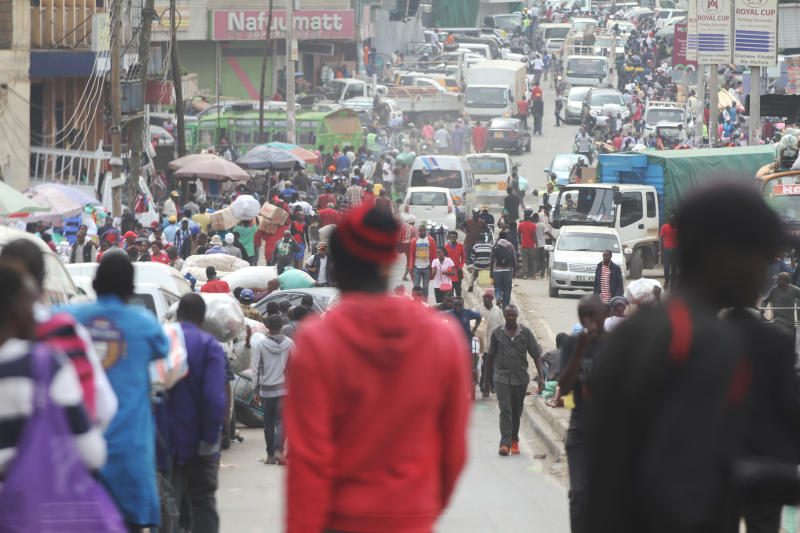×
The Standard e-Paper
Stay Informed, Even Offline

The 60-day extension of the nationwide dusk-to-dawn curfew elapsed yesterday, setting stage for the next round of what has been a familiar cycle for Kenyans for more than a year.
By yesterday, the government had not communicated whether or not Kenyans would still observe the curfew.